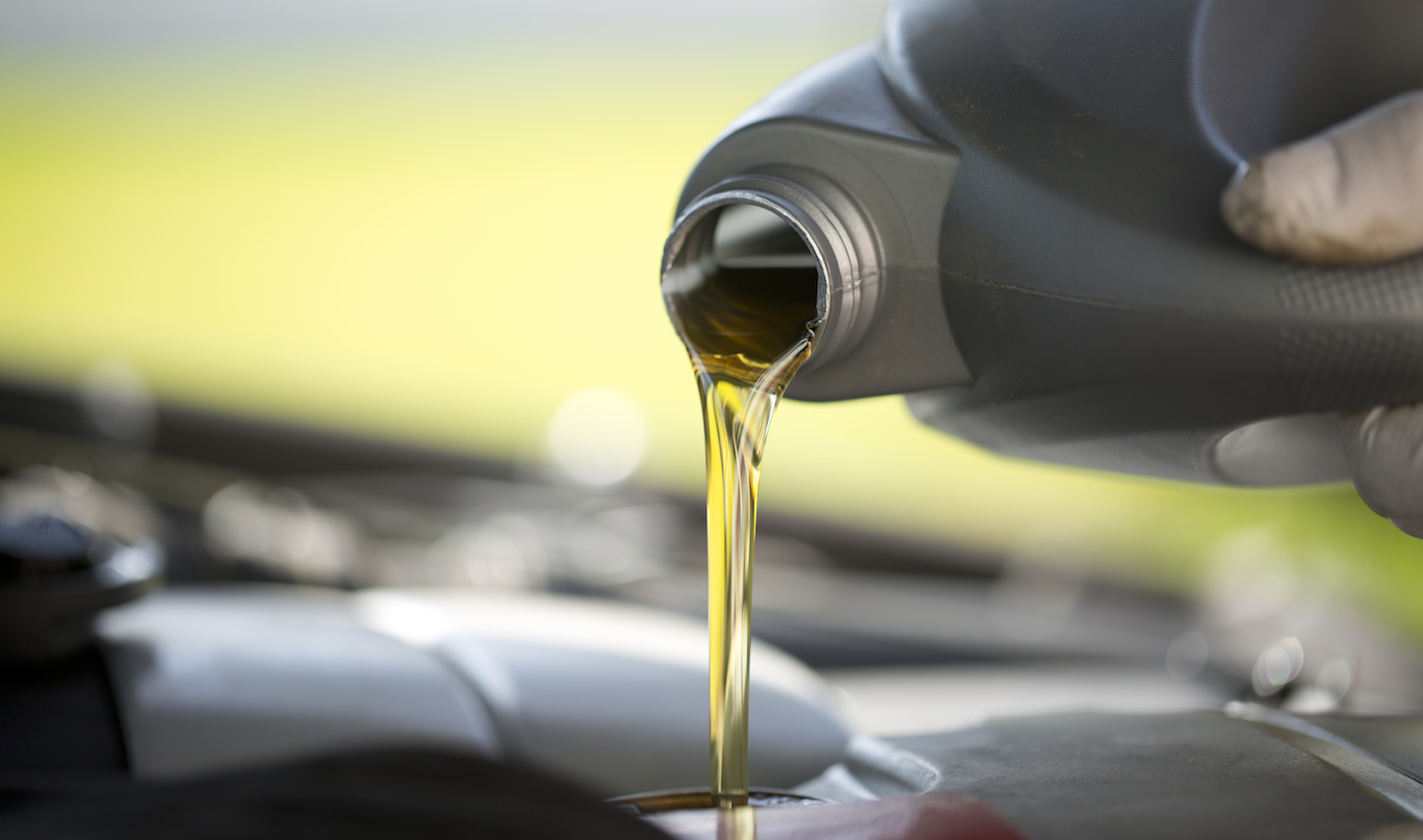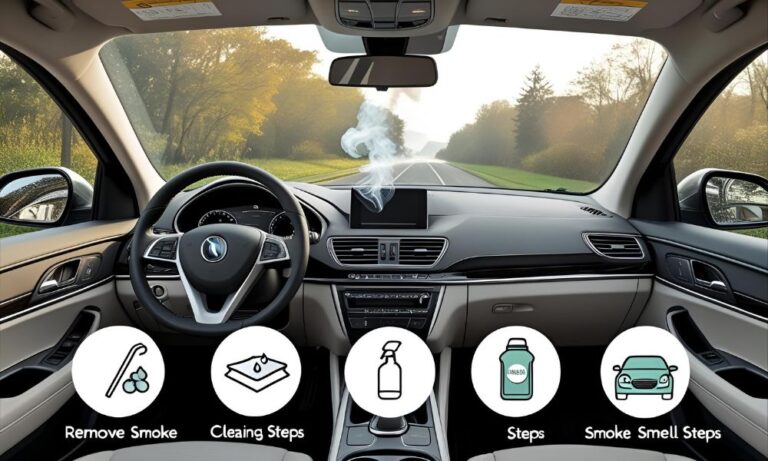Why is an Engine Consuming Too Much Engine Oil?
It is important to keep track of the oil levels in our vehicles regularly and maintain them accordingly. A common problem that many people face is that their vehicle’s engine oil level rapidly decreases without any noticeable leakage or burning. This raises the question: Why is an engine consuming too much engine oil even when there are no visible signs? It is essential to investigate and correct the underlying issue as soon as possible to avoid serious engine damage later on. In some cases, you may also notice warning signs like a flashing oil light—here’s what it means.
This post aims to help you better understand why your engine may be consuming too much engine oil and what steps you should take to address the issue.
1. How Worn Piston Rings Cause Excess Engine Oil Consumption
Piston rings are designed to create a seal between the pistons and the cylinder walls, preventing oil from seeping into combustion chambers and increasing oil consumption. If these rings wear down over time or break, the engine oil will pass through into the combustion chamber, causing increased oil consumption.
2. Valve Seal Damage and Why It Leads to High Oil Consumption
Valve seals are located at the top of the engine valves and keep the oil from seeping into the combustion chamber via the valve stems. When these seals fail, oil leaks into the cylinders, leading to excessive consumption.
If you’re interested in learning more about engine components like valve seals, pistons, cylinders, and the combustion chamber, check out this detailed guide.
3. Clogged Positive Crankcase Ventilation Valve (PCV)
The PCV valve regulates engine pressure by removing harmful gases from the crankcase and directing them back into the intake manifold. A clogged PCV valve can cause engine blow-by and decreased engine oil viscosity, increasing oil consumption.
4. Why Overfilling the Engine Can Lead to Excess Oil Use
Adding too much oil to the engine can cause oil foaming and excessive oil consumption, as well as damage key engine components. Always verify the recommended oil fill capacity to avoid this issue.
5. How Worn Bearings Contribute to Excessive Engine Oil Consumption
The engine bearings are responsible for maintaining oil pressure and allowing the engine to rotate smoothly. Over time, the bearings may wear down and can cause the engine to consume more oil than usual.
Conclusion
Maintaining adequate engine oil levels is crucial for the health and longevity of your vehicle’s engine. If you notice that your engine is consuming more oil than usual, it’s essential to catch the issue early and resolve it promptly to prevent severe damage.
By understanding the leading causes of increased engine oil consumption, you’ll be equipped to diagnose the problem and take the proper corrective actions to keep your vehicle’s engine running smoothly.







